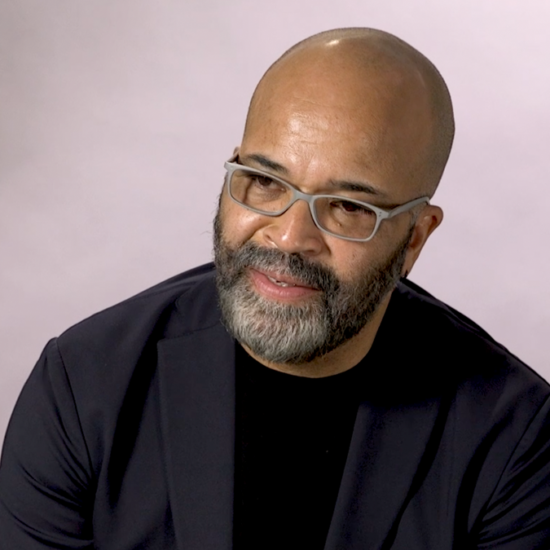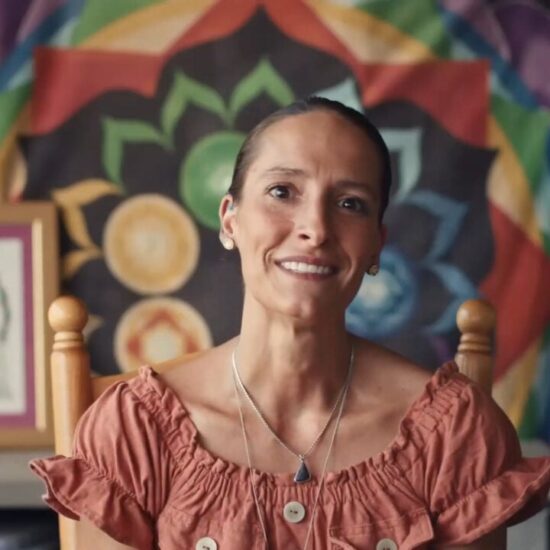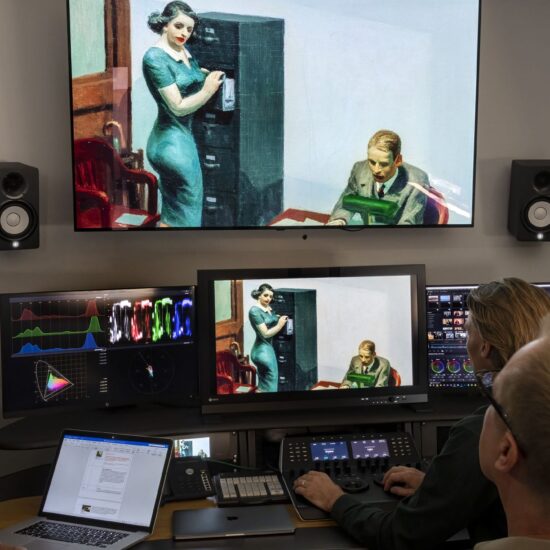
Through the work of students in a Spanish language class at Stanford University, American Masters’ 26-episode digital series, “Unladylike2020,” is now available for viewing and streaming with Spanish subtitling.
Narrated by Julianna Margulies and Lorraine Toussaint, “Unladylike2020” launched in March 2020, spotlighting 26 diverse changemakers in 26 documentary shorts, and has attracted an audience of more than 5.6 million viewers to date. The one-hour TV special, “Unladylike2020: The Changemakers,” featured five trailblazing female politicians who initiated social justice initiatives more than 100 years ago.
Translations of the 26 “Unladylike2020” documentary shorts and supporting educational resources were completed by students in a second-year Spanish language course at Stanford University, through a collaboration with the Haas Center for Public Service at Stanford. The shorts and the free digital learning resources created for each woman profiled are available with Spanish translation and closed captioning in time for Women’s History Month in March 2022 through PBS LearningMedia, the American Masters YouTube channel and the PBS Documentaries channel on Amazon Prime. (For the educational resources, click on Spanish resources under “Support Materials for Use with Students: For Diverse Learners” within each resource in the “Unladylike2020” collection on PBS LearningMedia. For the digital shorts, click on “cc” and select “Spanish.”)
“I was extremely impressed with the work and reached out to the Unladylike team” said Stanford lecturer Maria Cristina Urruela, who approached “Unladylike2020″ about using the series as a teaching tool. Urruela added: “Translating the series offered a new challenge and great learning opportunity for my students and for me.” One of the students who worked on the translations, Chloe Laguna, indicated she felt it was important to help make the stories of women whose accomplishments are often erased more accessible. Lagune stated: “Being able to translate the story of Jovita Idar, a woman who supported the Latinx community so much through social activism and education, was special to me because our community often does not get this kind of representation.”
“Not only did this constitute a great learning experience for Stanford students as Spanish language learners, but this collaboration has also helped to ensure that all Spanish language learners and heritage speakers will be able to access ‘Unladylike2020’ content,” said executive producer Sandra Rattley. Series creator and executive producer Charlotte Mangin added: “Our series has had an impact in the educational landscape, filling a gap of information about women’s history. This outcome also demonstrates the potential of innovative multi-media products for reaching and engaging younger audiences.”
“Unladylike2020” incorporates rare archival footage and interviews with descendants, historians and accomplished modern women who reflect on the influence of their historical predecessors. Original artwork and animation created by visual artist Amelie Chabannes adds visual texture, infusing black and white stills with captivating color and action.
The Spanish language translation of “Unladylike2020” content was made possible by support from the Corporation for Public Broadcasting, Unladylike Productions and the Haas Center for Public Service at Stanford University.
Major funding for the “Unladylike2020” series was provided by the National Endowment for the Humanities: Exploring the human endeavor, and the Corporation for Public Broadcasting, a private corporation funded by the American people. Support was also provided by the Alfred P. Sloan Foundation, National Endowment for the Arts, Wyncote Foundation, California Humanities, HumanitiesDC, Rhode Island Council for the Humanities, Made in New York: Women Film, TV, & Theater Fund, the Harnisch Foundation, Humanities Nebraska, Nebraska Cultural Endowment, Humanities Montana, Lower Manhattan Cultural Council, the New York City Department of Cultural Affairs in partnership with New York State Council on the Arts, South Dakota Humanities, Virginia Humanities, the Economic Hardship Reporting Project, Utah Humanities, Ohio Humanities, South Carolina Humanities, Humanities New York, JetBlue Foundation and Awesome Without Borders.













